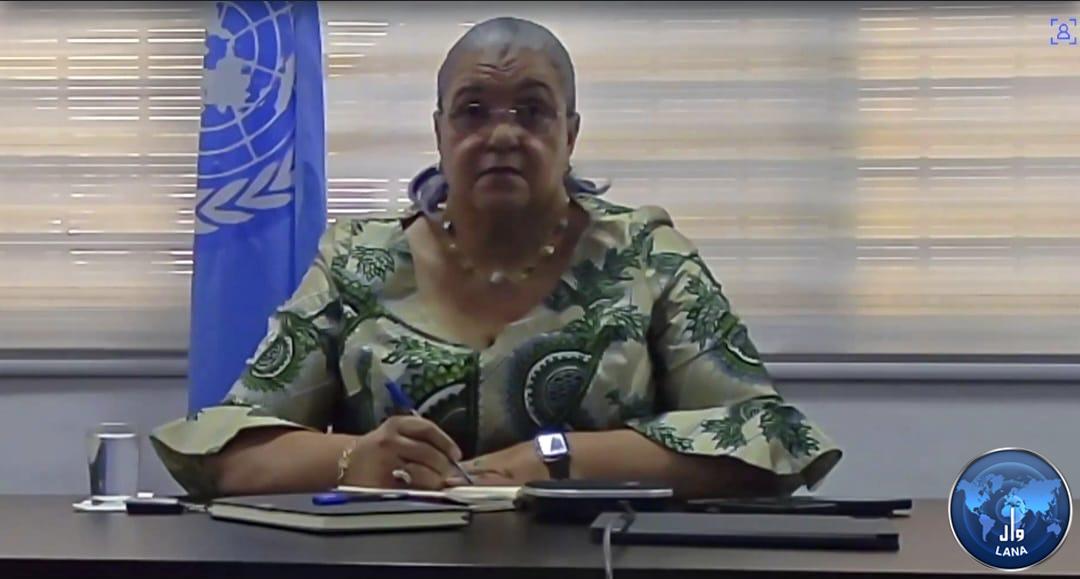Tetteh: Libya cannot tolerate any delay in implementing the roadmap launched by the UN mission.
Pulbished on:
New York, October 14, 2025 (LANA) - The Special Representative of the Secretary-General for Libya (SRSG), Hannah Tetteh, affirmed that Libya cannot tolerate any delays in implementing the roadmap launched by the UN Support Mission in Libya (UNSMIL) last August.
During her regular briefing to the UN Security Council on Tuesday, Tetteh called on the House of Representatives and the High Council of State to accelerate their work and assume their responsibilities in completing the first two phases of the roadmap. She confirmed that she will ask the Libyan parties this October to submit their nominations to participate in the structured dialogue process that UNSMIL intends to organize in the coming days.
Tetteh said that the first achievement of the roadmap is the agreement to form the High National Elections Commission through joint appointments between the House of Representatives and the High Council of State for vacant sovereign positions. She noted the agreement reached by the Sovereign Positions Committee of the two councils on October 4 and its approval by the heads of both councils, Aguila Saleh and Mohamed Takala.
Tetteh stressed the importance of prior international and regional support to move forward with the implementation of the new roadmap in Libya to achieve results.
Tetteh emphasized that she and her colleagues have worked with all national and international stakeholders to advance the political process in Libya, welcoming the positive commitments from various leaders in support of the new roadmap proposed by the mission.
She added that the mission will seek nominations from a wide range of Libyan institutions and entities to achieve the greatest possible inclusion, reflecting all groups, while taking into account technical expertise, with a minimum of 35% female representation.
The UN envoy noted that the tensions prevailing in western Libya, particularly in Tripoli, have decreased thanks to local and international mediation efforts, particularly the intervention of the Turkish government.




